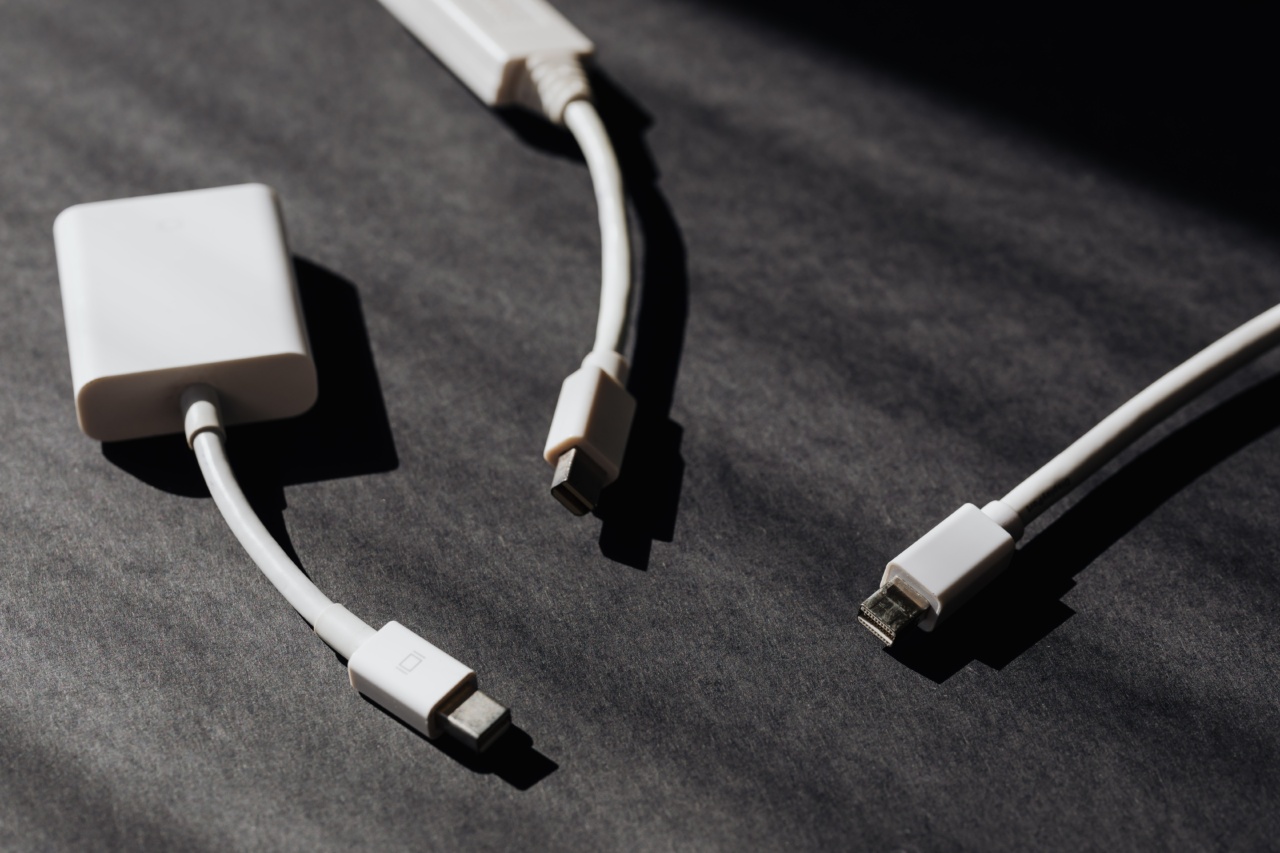Probiotics are beneficial bacteria that help improve digestion and keep the gut healthy.
Over the years, there has been plenty of research on the benefits of probiotics, including their ability to boost the immune system and alleviate symptoms of certain medical conditions. However, recent studies have revealed an unexpected link between probiotics and high blood pressure.
What Is High Blood Pressure?
High blood pressure, also known as hypertension, is a condition in which the blood pressure in the arteries is consistently elevated.
Blood pressure is measured using two numbers: systolic pressure, which is the pressure in the arteries when the heart beats, and diastolic pressure, which is the pressure in the arteries when the heart rests between beats. A normal blood pressure reading is around 120/80 mmHg, while a reading of 140/90 mmHg or higher is considered high blood pressure.
High blood pressure is a serious condition that can increase the risk of heart disease and stroke, as well as damage the kidneys and other organs.
It is estimated that about one in every three adults in the United States has high blood pressure, but many are unaware of their condition because it often has no symptoms.
The Link Between Probiotics and High Blood Pressure
Recent studies have shown that probiotics may have a positive effect on blood pressure.
One study published in the journal Hypertension found that when overweight adults with high blood pressure consumed probiotics for eight weeks, their blood pressure decreased compared to a control group that did not consume probiotics.
Another study published in the journal Frontiers in Physiology found that consuming a combination of probiotics and prebiotics (non-digestible carbohydrates that serve as food for probiotics) for 12 weeks reduced both systolic and diastolic blood pressure in adults with prehypertension (blood pressure that is elevated but not yet high enough to be considered hypertension).
The reason why probiotics may have a positive effect on blood pressure is not entirely clear. One theory is that probiotics can help improve the function of the endothelium, which is the lining of the blood vessels.
A malfunctioning endothelium can lead to inflammation and impaired blood flow, which can contribute to high blood pressure. Probiotics may also help modulate the gut microbiome, which can affect the body’s production of hormones that regulate blood pressure.
Types of Probiotics That May Help Lower Blood Pressure
While more research is needed to fully understand the link between probiotics and blood pressure, some types of probiotics have shown promising results in studies. Here are a few probiotic strains that may help lower blood pressure:.
Lactobacillus
Lactobacillus is a type of bacteria that is commonly found in the gut. It is also commonly used in probiotic supplements.
A study published in the journal Beneficial Microbes found that consuming a probiotic supplement containing Lactobacillus strains for eight weeks reduced both systolic and diastolic blood pressure in adults with hypertension.
Bifidobacterium
Bifidobacterium is another type of bacteria that is commonly found in the gut and used in probiotic supplements.
A study published in the journal Hypertension found that consuming a probiotic supplement containing Bifidobacterium strains for 12 weeks reduced systolic blood pressure in adults with prehypertension.
Streptococcus thermophilus
Streptococcus thermophilus is a type of bacteria that is often used in the production of yogurt and other dairy products.
A study published in the journal Nutrition found that consuming yogurt containing Streptococcus thermophilus for six weeks reduced both systolic and diastolic blood pressure in adults with prehypertension.
Other Ways to Improve Blood Pressure
While probiotics may be a helpful addition to a high blood pressure treatment plan, they are not a substitute for other lifestyle changes that can help improve blood pressure. Here are a few other ways to improve blood pressure:.
Eat a Healthy Diet
A diet that is low in sodium and high in fruits, vegetables, whole grains, and lean protein can help improve blood pressure. The DASH (Dietary Approaches to Stop Hypertension) diet is a good example of a blood pressure-friendly diet.
Exercise Regularly
Regular exercise can help strengthen the heart and improve blood flow, which can lead to lower blood pressure. Aim for at least 30 minutes of moderate-intensity exercise most days of the week.
Manage Stress
Chronic stress can raise blood pressure, so finding ways to manage stress is important for reducing blood pressure. Relaxation techniques like meditation, yoga, and deep breathing can be helpful.
Avoid Smoking and Excessive Alcohol Consumption
Smoking and excessive alcohol consumption can raise blood pressure and increase the risk of heart disease. Quitting smoking and limiting alcohol consumption can both help improve blood pressure.
The Bottom Line
Probiotics are a promising area of research for the prevention and management of high blood pressure.
While more research is needed to fully understand the link between probiotics and blood pressure, incorporating probiotic-rich foods or supplements into a healthy lifestyle can be beneficial for overall health. However, probiotics should not be used as a substitute for other lifestyle changes that are important for lowering blood pressure.






























